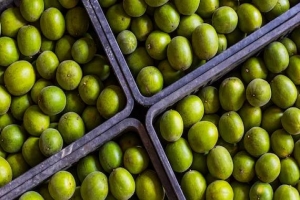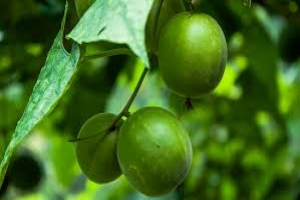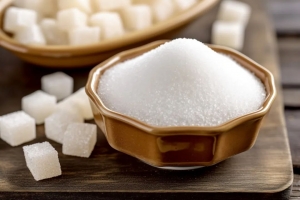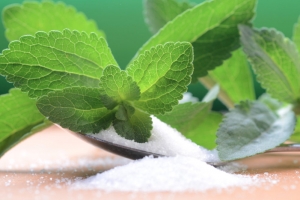Allulose, also known as D-allulose, is a rare sugar that has gained attention due to its low-calorie content and sweetness similar to that of table sugar. It is naturally found in small quantities in some fruits like figs and raisins, and it can also be produced industrially from fructose. Allulose has been approved for use as a sweetener in various countries, including the United States and Japan. However, the approval status in the European Union (EU) might be of interest to you.

Allulose, a rare sugar that occurs naturally in small quantities in foods such as figs, raisins, and wheat, has been gaining attention due to its low-calorie profile and potential health benefits. However, its regulatory status in Europe, particularly under the European Food Safety Authority (EFSA), remains a subject of interest for food producers and consumers alike.
As of the most recent updates, allulose is not yet approved for use as a food ingredient or sweetener within the European Union (EU). While it is recognized as safe in the United States (where the U.S. Food and Drug Administration (FDA) has labeled it as Generally Recognized as Safe (GRAS)), the situation in the EU is more complex.
EFSA has not issued a formal approval for allulose, largely because its inclusion in foods and beverages would require a thorough assessment of its safety, particularly in terms of long-term effects and consumption levels. To enter the EU market, allulose would need to be reviewed under the Novel Foods Regulation (EU) 2015/2283, which governs new ingredients that were not widely consumed in Europe prior to 1997. Companies would need to submit a dossier with detailed toxicological, metabolic, and safety studies for EFSA’s assessment before it could be legally marketed as a sweetener in the EU.
Currently, European manufacturers interested in using allulose must await EFSA’s evaluation, should such applications be submitted. Until then, allulose remains unapproved as an additive or sweetener within the European Union.
Given its popularity in other markets, the situation may change, but businesses in the EU must comply with the existing regulatory framework until formal authorization is granted.
 The regulation of Monk Fruit Extract (also known as Luo Han Guo extract) varies across different cou
The regulation of Monk Fruit Extract (also known as Luo Han Guo extract) varies across different cou
 Health Canada Approves Monk Fruit Extract as a Natural Sweetener
Health Canada Approves Monk Fruit Extract as a Natural Sweetener
 New Breakthrough in Allulose: A Healthier Sugar Alternative Gains Momentum
New Breakthrough in Allulose: A Healthier Sugar Alternative Gains Momentum
 Understanding Reb-M: The Benefits of a Next-Generation Sweetener
Understanding Reb-M: The Benefits of a Next-Generation Sweetener